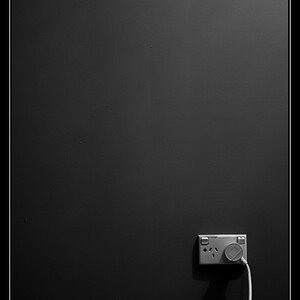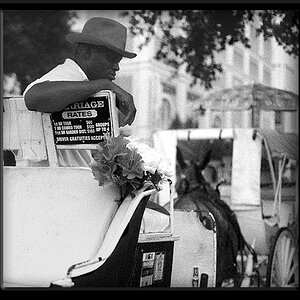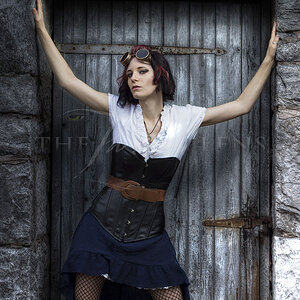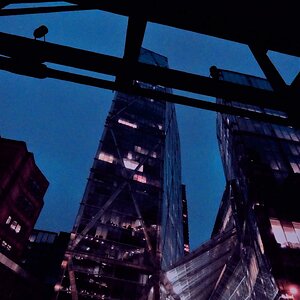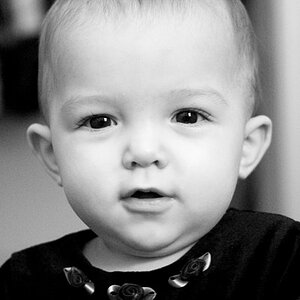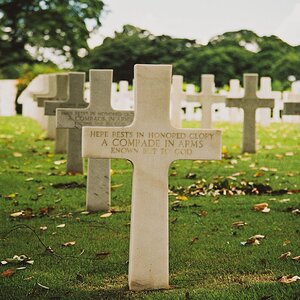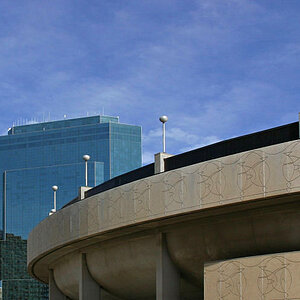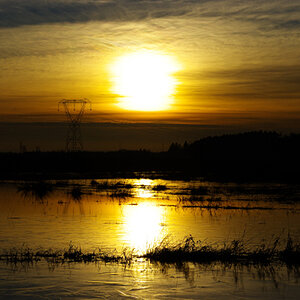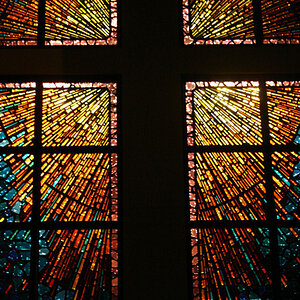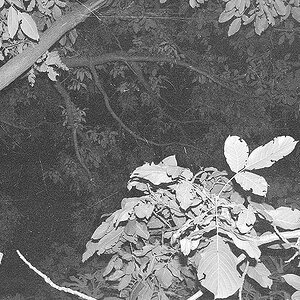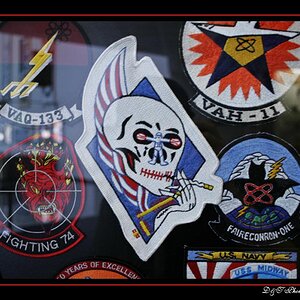FidelCastrovich
TPF Noob!
Well, that's basically the whole discussion.
When we're able to shoot at ISO 6400- which is close to science fiction if you ask a photog. from the 70s - do we really need to have zoom lenses that are f2.8 or faster? I mean, the fast primes will hold their ground, i'm sure - superior IQ and such.
But a 16-35 f2.8? 70-200 2.8? Who needs the weight and the size when you can just bump the ISO up a notch, or two, or all the way to 25000?
Is "the chip" pulling the carpet from underneath the quest for the fastest lens? Are the photo companies shooting themselves in the leg?
When we're able to shoot at ISO 6400- which is close to science fiction if you ask a photog. from the 70s - do we really need to have zoom lenses that are f2.8 or faster? I mean, the fast primes will hold their ground, i'm sure - superior IQ and such.
But a 16-35 f2.8? 70-200 2.8? Who needs the weight and the size when you can just bump the ISO up a notch, or two, or all the way to 25000?
Is "the chip" pulling the carpet from underneath the quest for the fastest lens? Are the photo companies shooting themselves in the leg?


